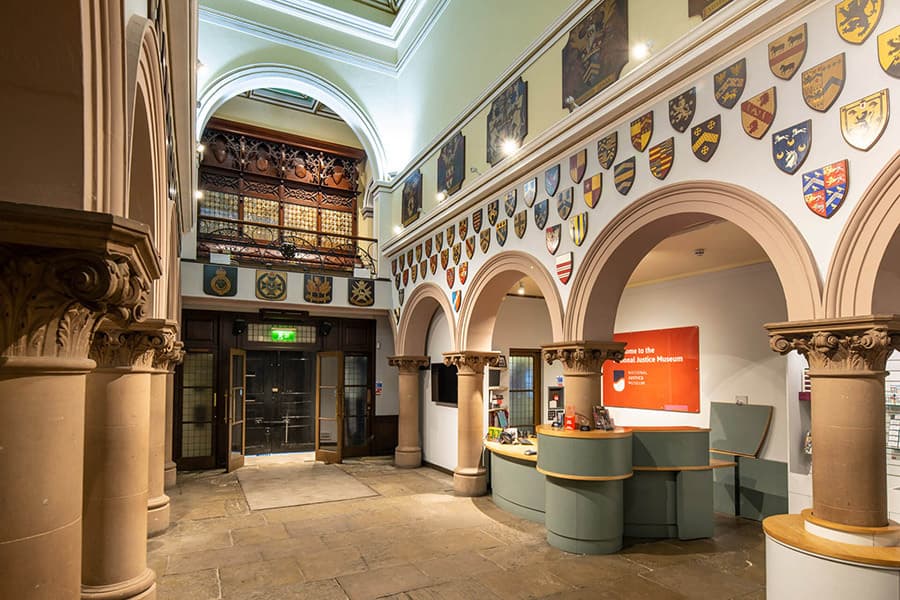Latst News and Blog
The History of Borstals in England - Part 4 - Health

30/09/2024
Dan Ewers is a PhD researcher based at the University of Leeds. During 2023 he explored the archives held at the National Justice Museum researching the history of borstal institutions in the United Kingdom. Over the next few months we will be sharing what Dan found out about health, wellbeing, and everyday life within borstal institutions.
In this blog post, Dan’s research explores the history of sport and physical training in borstal.
For many boys living in borstals, a typical day began with physical education. In many borstals, including Feltham, Portland, Gaynes Hall and Hewell Grange, physical training would take place before breakfast, with the boys getting up around 6am. These classes were typically taken by all borstal boys (unless medically unfit) and sessions were overseen by a borstal officer who typically had qualifications in conducting physical education.

Borstal Boys Lining Up for Physical Training, Feltham, c.1940s.
According to criminologist Sir Lionel Fox writing in 1952, women did not undergo daily physical training like the men did, but female juveniles in borstals did attend evening classes which included ‘keep fit’ classes, therapeutic exercise, and dancing classes.
Borstal boys were often given instruction in gymnastics, and, in several institutions, they would either volunteer for or be specially selected to form a Physical Training Display Team. These teams would perform routines at public events throughout the year and often featured within advertisements printed in local newspapers. Examples of this include the display team from Gaynes Hall who would perform physical training and gymnastic displays at the local St. Neots Carnival or the ‘Gymnastics and Physical Training Display’ described in the 1947 Sports Day Programme from Hollesley Bay Colony, which saw boys performing for the gathered staff members, other boys, and visiting spectators.
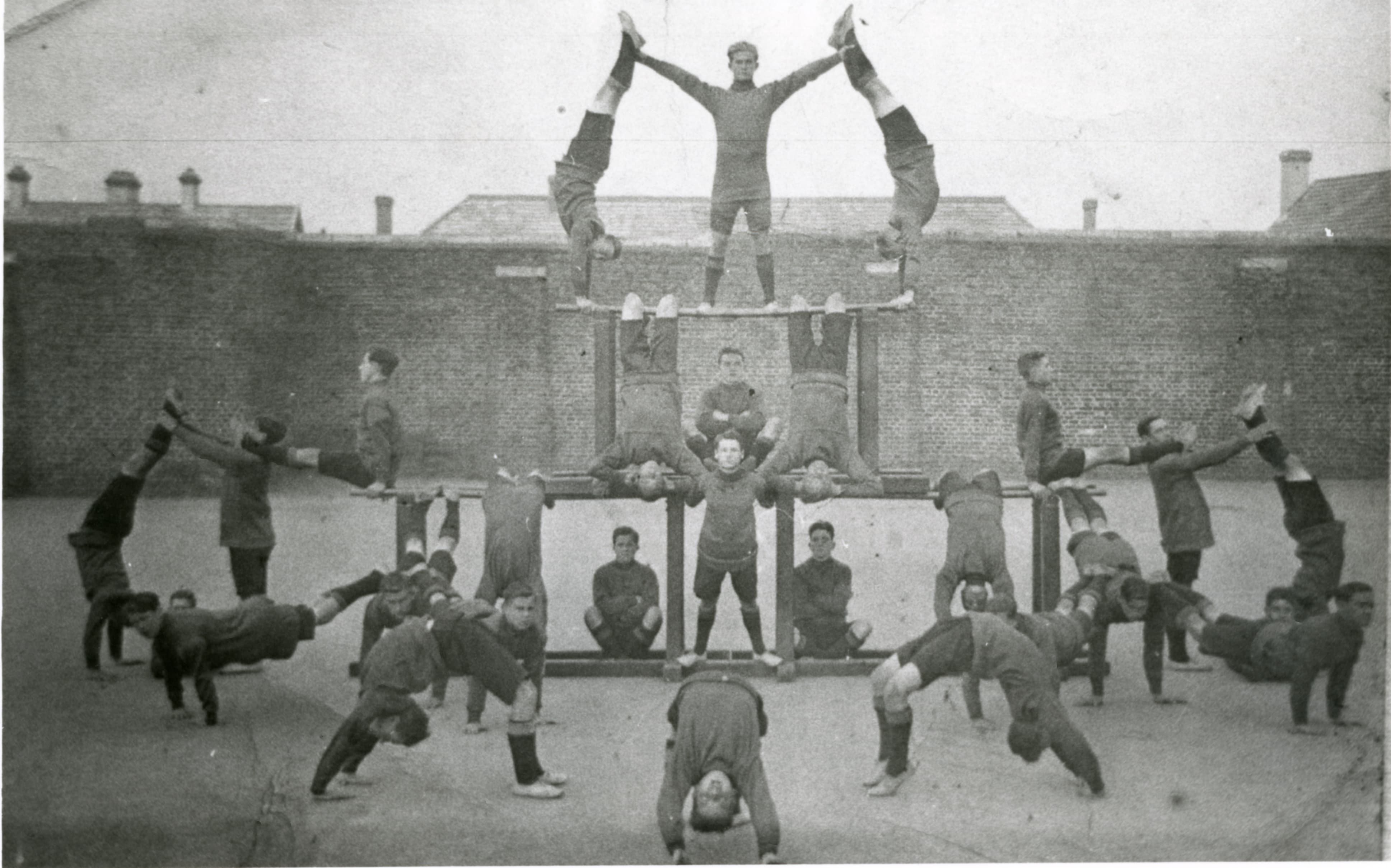
Rochester Borstal Boys Performing a Physical Training Display, c.1920s.
Football, cricket, rugby, basketball, and even boxing featured within the sporting programme that many borstal boys participated in. Several institutions held yearly Sports Days, where borstal boys (often divided into Houses like in public schools) would compete against one another. Events included long and short distance running, relay, Tug-O-War, Long Jump, High Jump, Shotput, and (on one occasion) the bun and treacle race, where boys would race in a relay to see which team could eat a treacle bun the fastest. Competition between boys, fostered through the house system, was encouraged in borstals, due to the prevalent belief amongst staff and commentators alike that competition led to the betterment of all who participated.
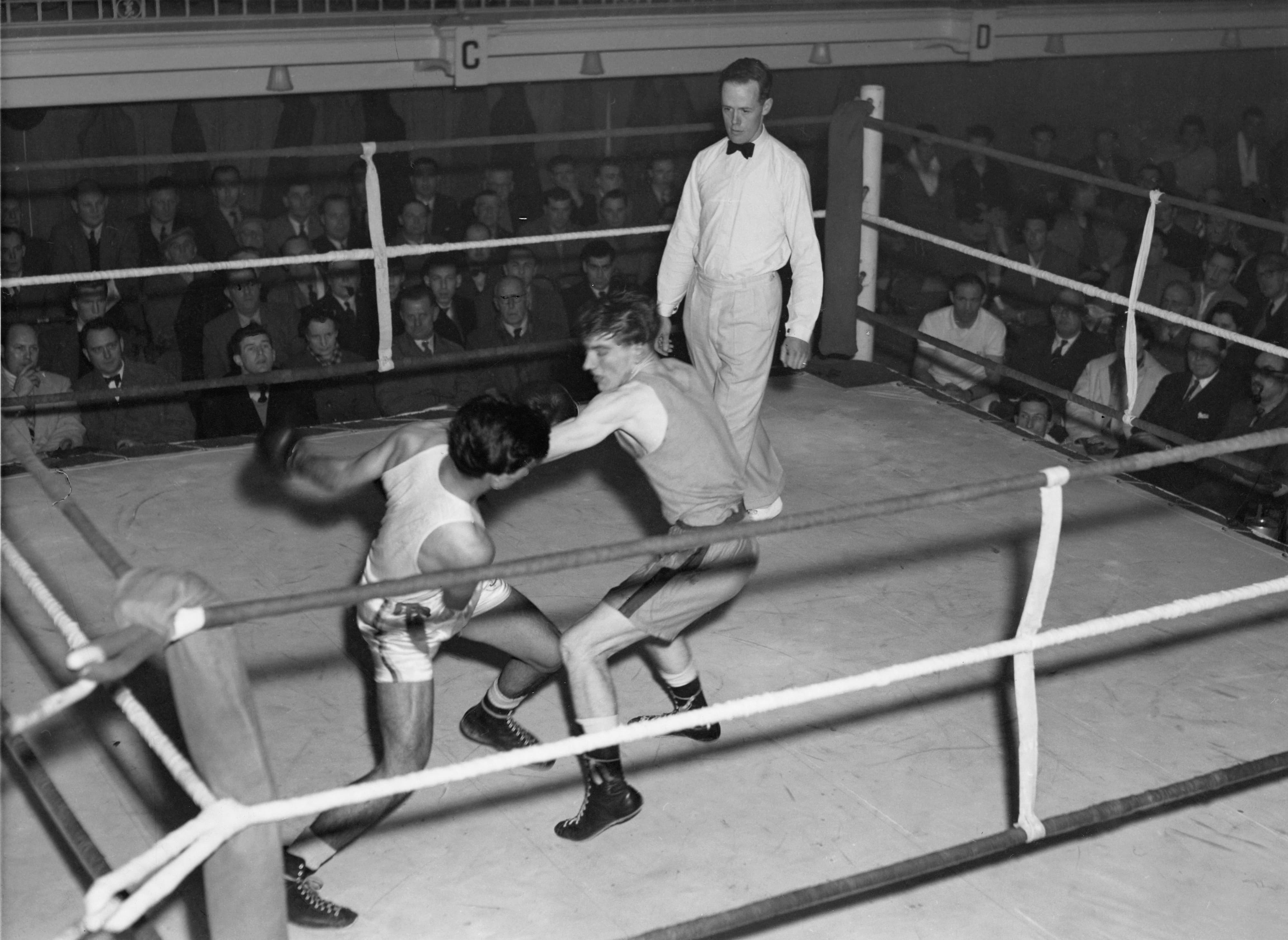
Boxing Match, Hollesley Bay, c.1950s.
Boys didn’t just compete in sporting competitions against one another: At Gaynes Hall borstal, they also regularly played sports matches against other teams from the local area. Football and Cricket league scores as well as boxing competitions which saw Gaynes Hall boys boxing against competitors from the armed forces were all reported in the local press. In 1969, there was even a minor controversy surrounding the Gaynes Hall borstal boys joining the local rugby league, due to difficulties regarding payment of membership fees to the local league and that the boys needed to return to the borstal site at a certain time, making them being unable to join the other teams in drinking beer after fixtures. The Gaynes Hall boys were regularly invited to attend local events, such as sporting competitions, youth organisation rallies, local festivals, and boat races, showing how the borstal boys engaged with the wider community. In 1969, the Secretary of Huntingdon Athletics Club even stated that ‘Gaynes Hall is virtually our home course now’, following a call for greater sporting co-operation between Gaynes Hall borstal and local sporting clubs (Cambridge Daily News, 30 May 1930).
This research has been produced by as the result of a 4-month REP placement at the National Justice Museum. Many thanks go to The National Justice Museum and the White Rose College of the Arts and Humanities for their support throughout this project.
OTHER NEWS AND BLOGS
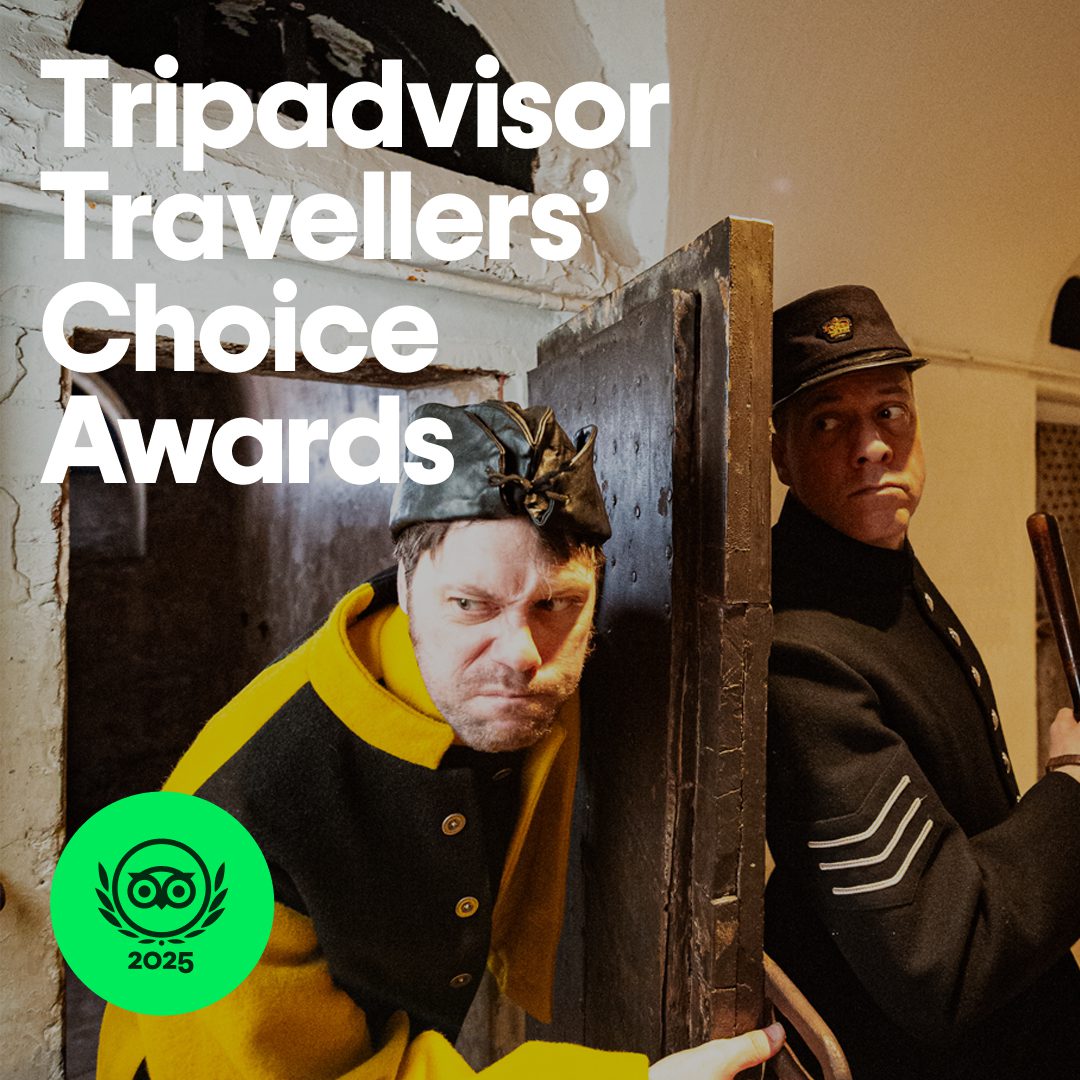
National Justice Museum and City of Caves recognised in the top 10% of attractions around the world
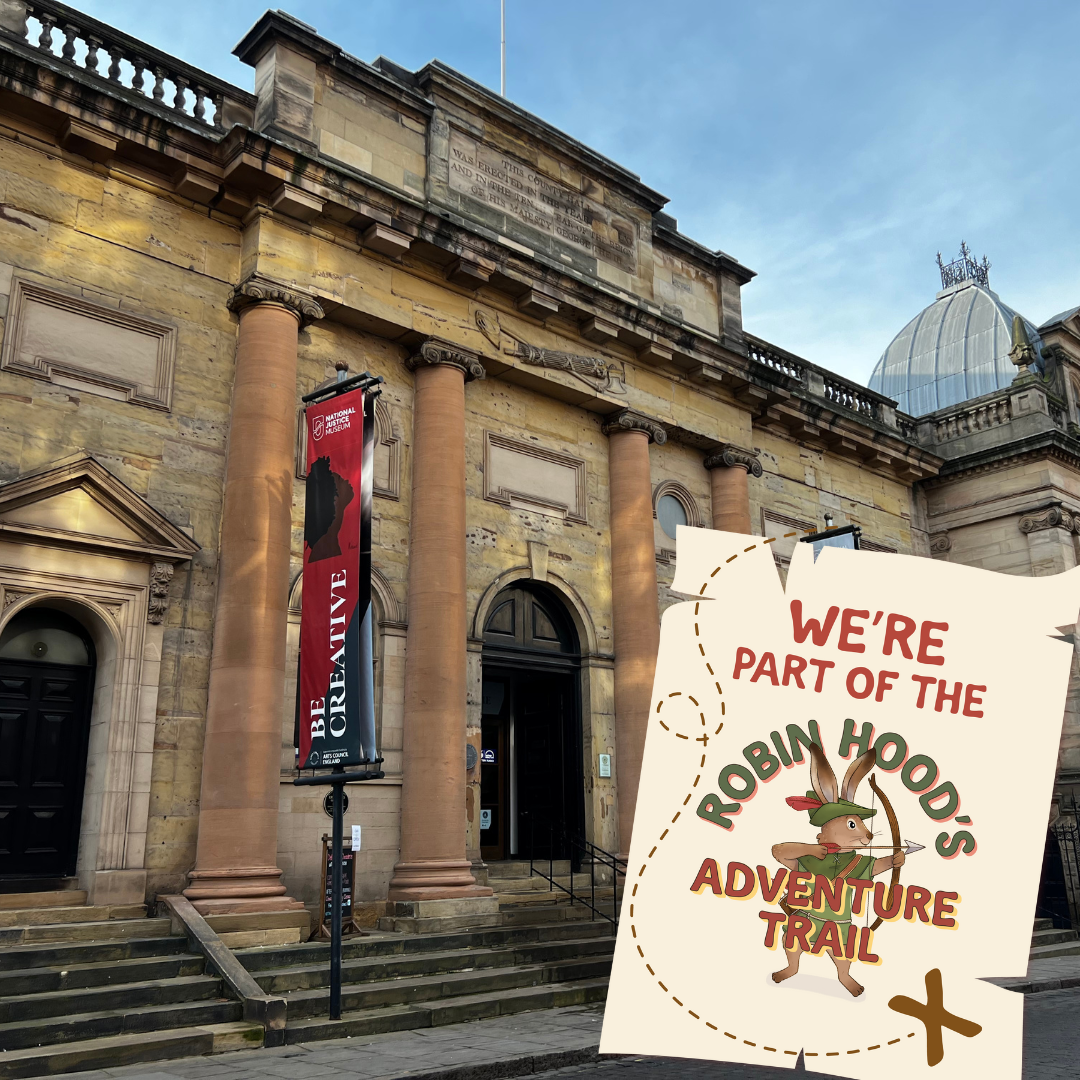
Find us on the Robin Hood Adventure Trail this summer
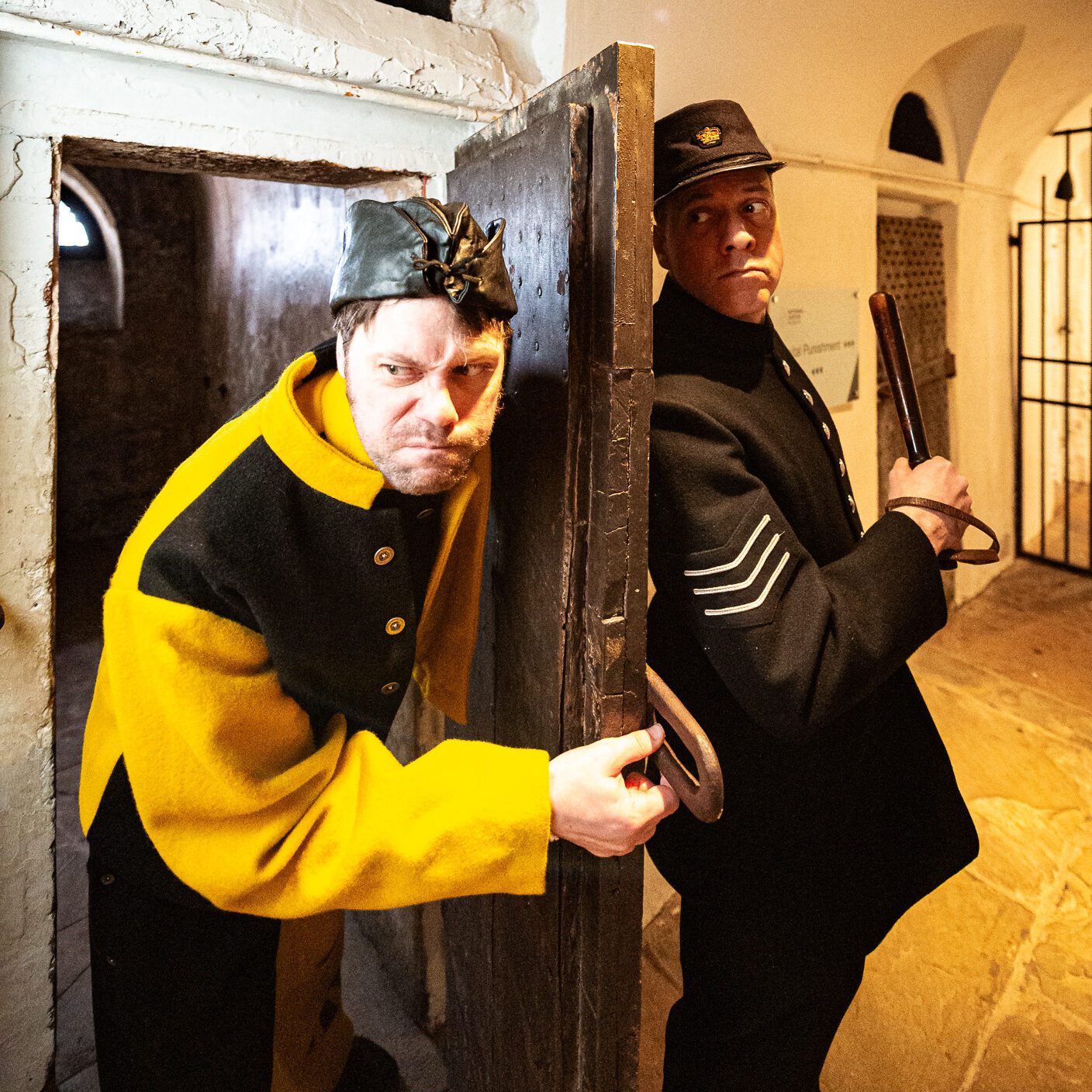
Enjoy a summer of discovery at the National Justice Museum
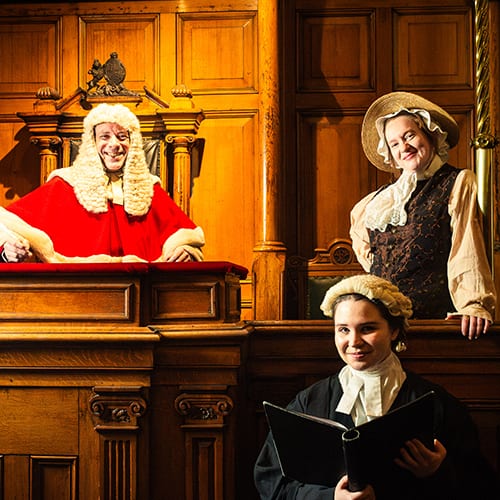
Discover a year of family entertainment and fascinating history at the National Justice Museum with our new Annual Pass!
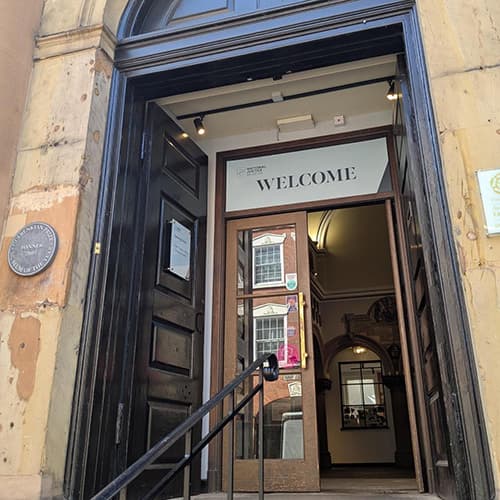
Everyone is welcome at the National Justice Museum
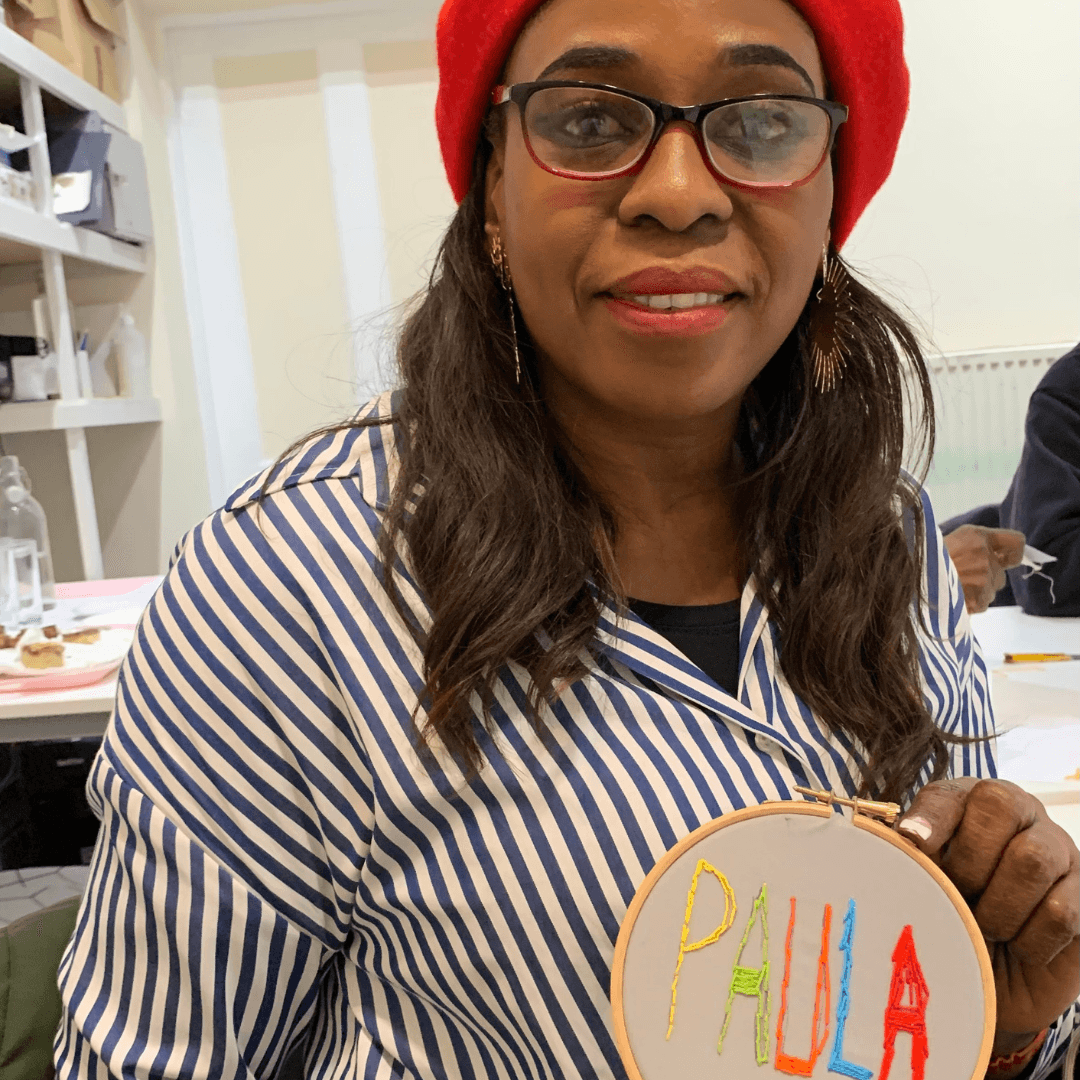
Interview with a volunteer - Paula
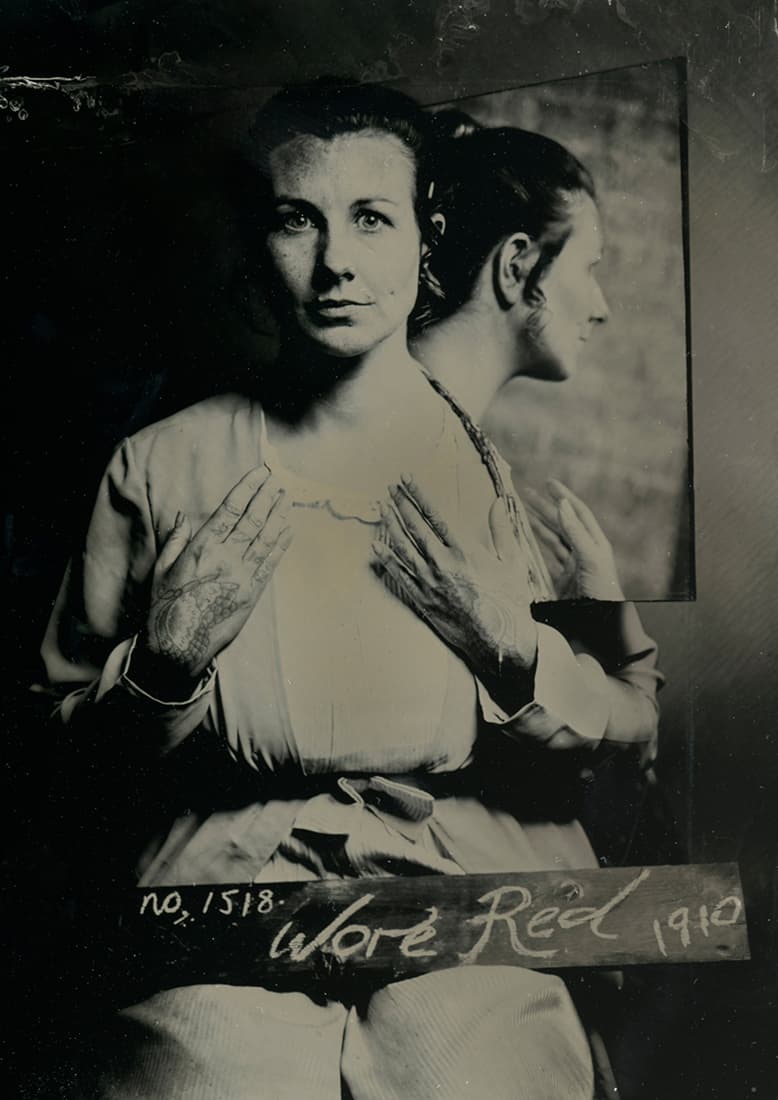
Asking For It, an award-winning exhibition challenging the culture of victim-blaming, opens at the National Justice Museum

National Justice Museum announce recipient of £1000 photography Creative Residency Prize
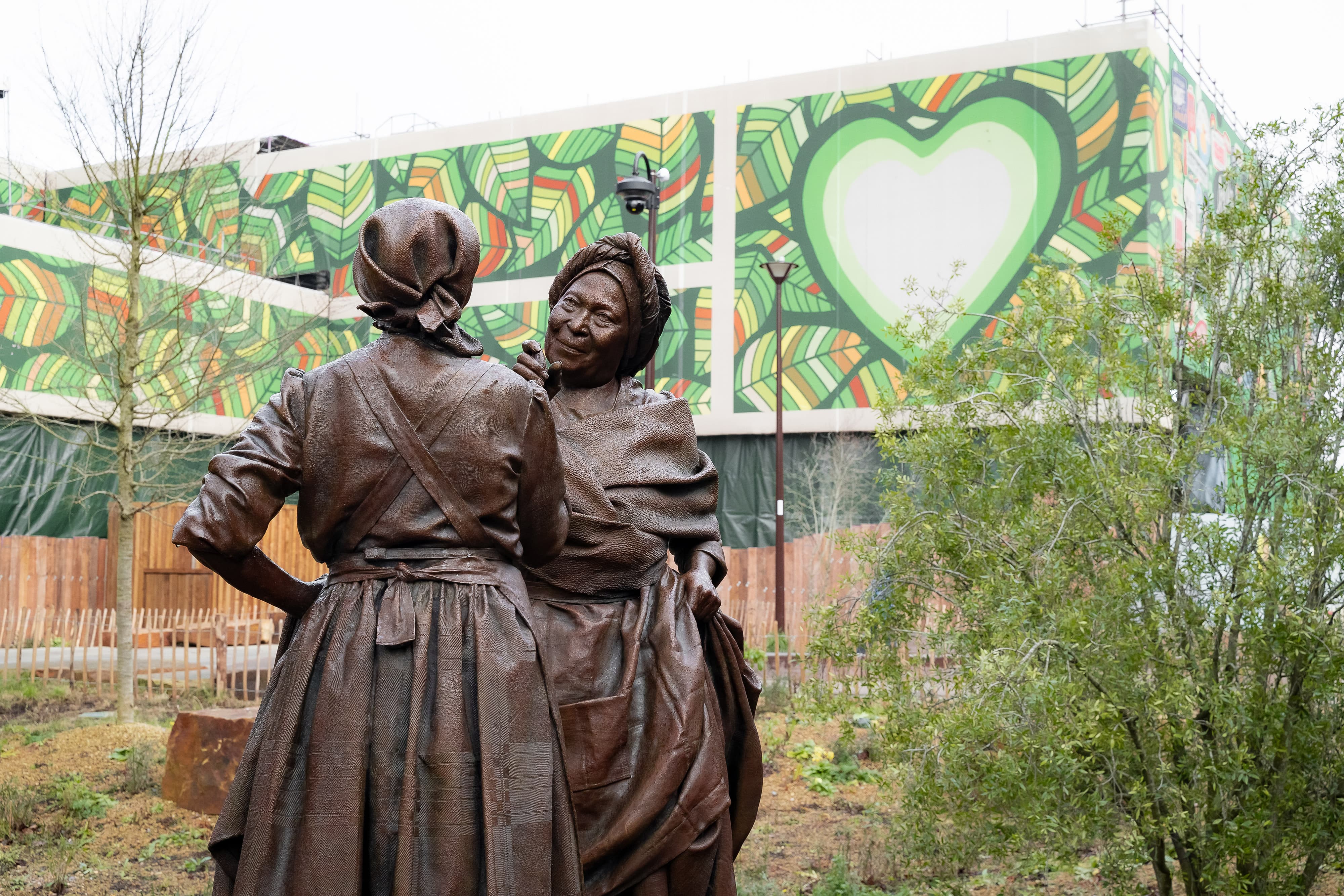
UK-first bronze sculpture makes history in Nottingham’s Broad Marsh Green Heart

The History of Borstals in England - Part 6 - Medical Care
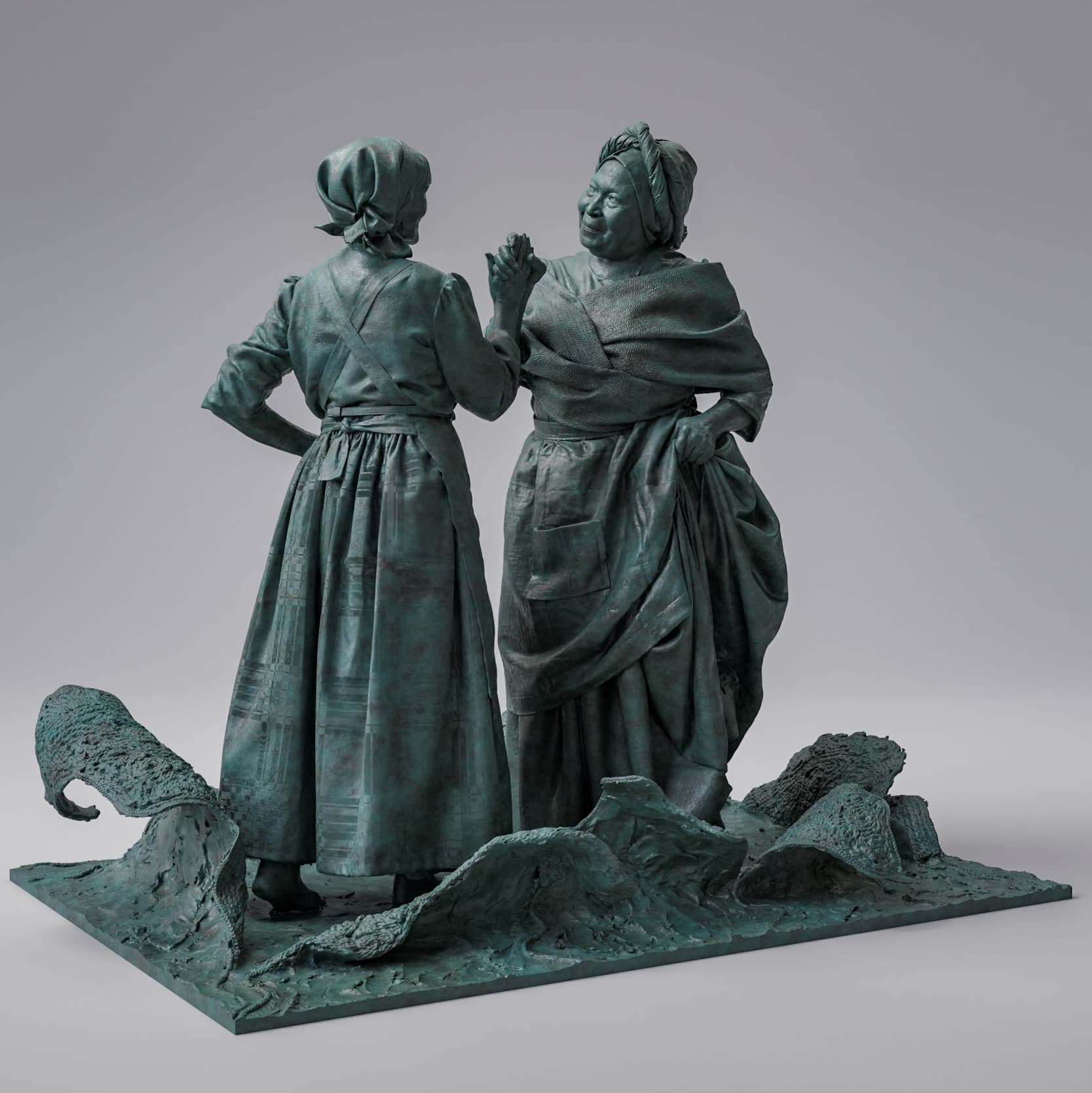
UK-first bronze sculpture for Nottingham’s Broad Marsh Green Heart confirmed for early 2025
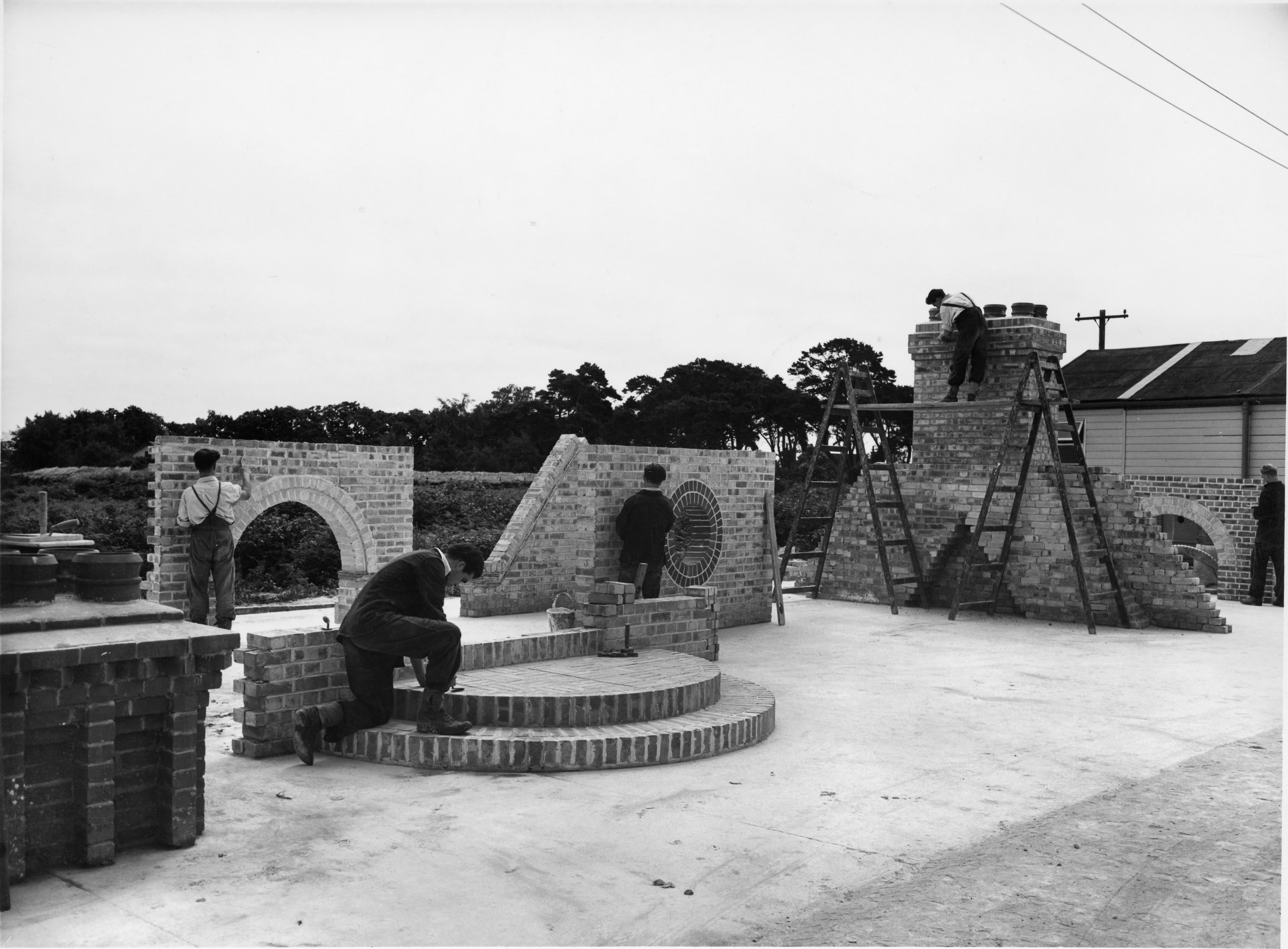
The History of Borstals in England - Part 5 - Education and Routine

The History of Borstals in England - Part 4 - Health
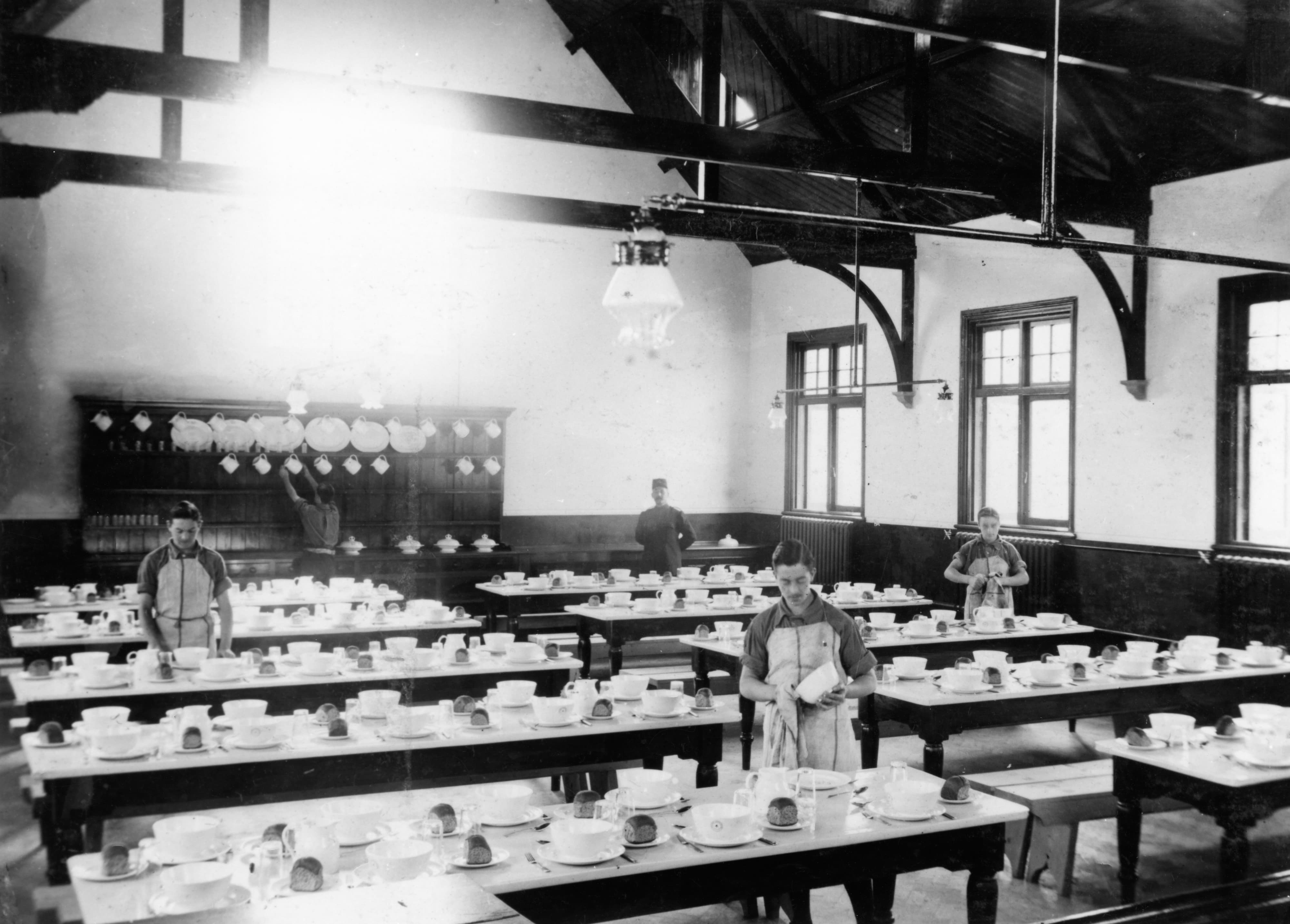
The History of Borstals in England - Part 3 - Food

Picture This: Hope - Blog by last year's residency winner, Francesca Hummler
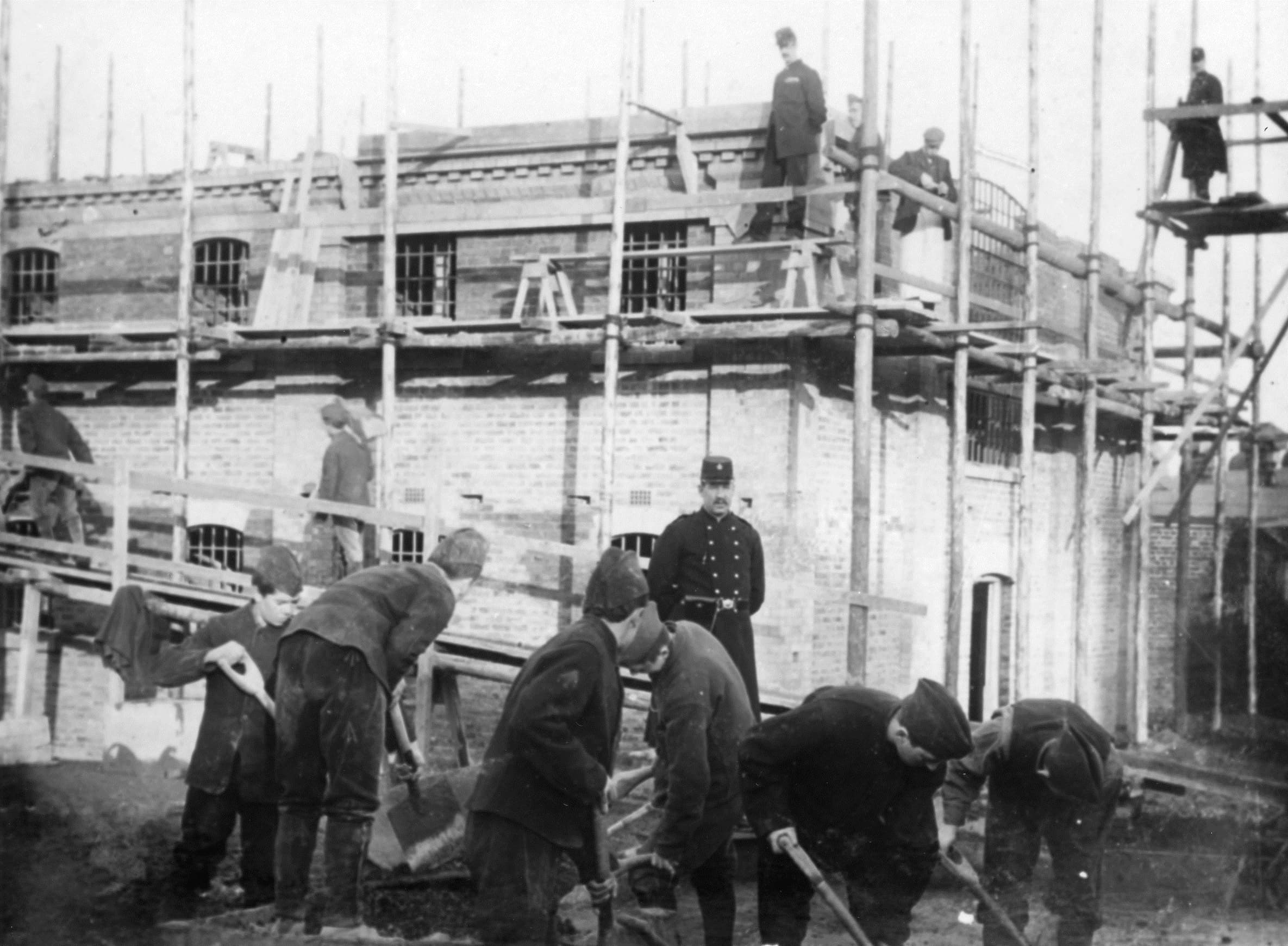
The History of Borstals in England - Part 2 - Farming and Agriculture

The History of Borstals in England - Part 1 - Timeline

Find us on the Robin Hood Adventure Trail this summer
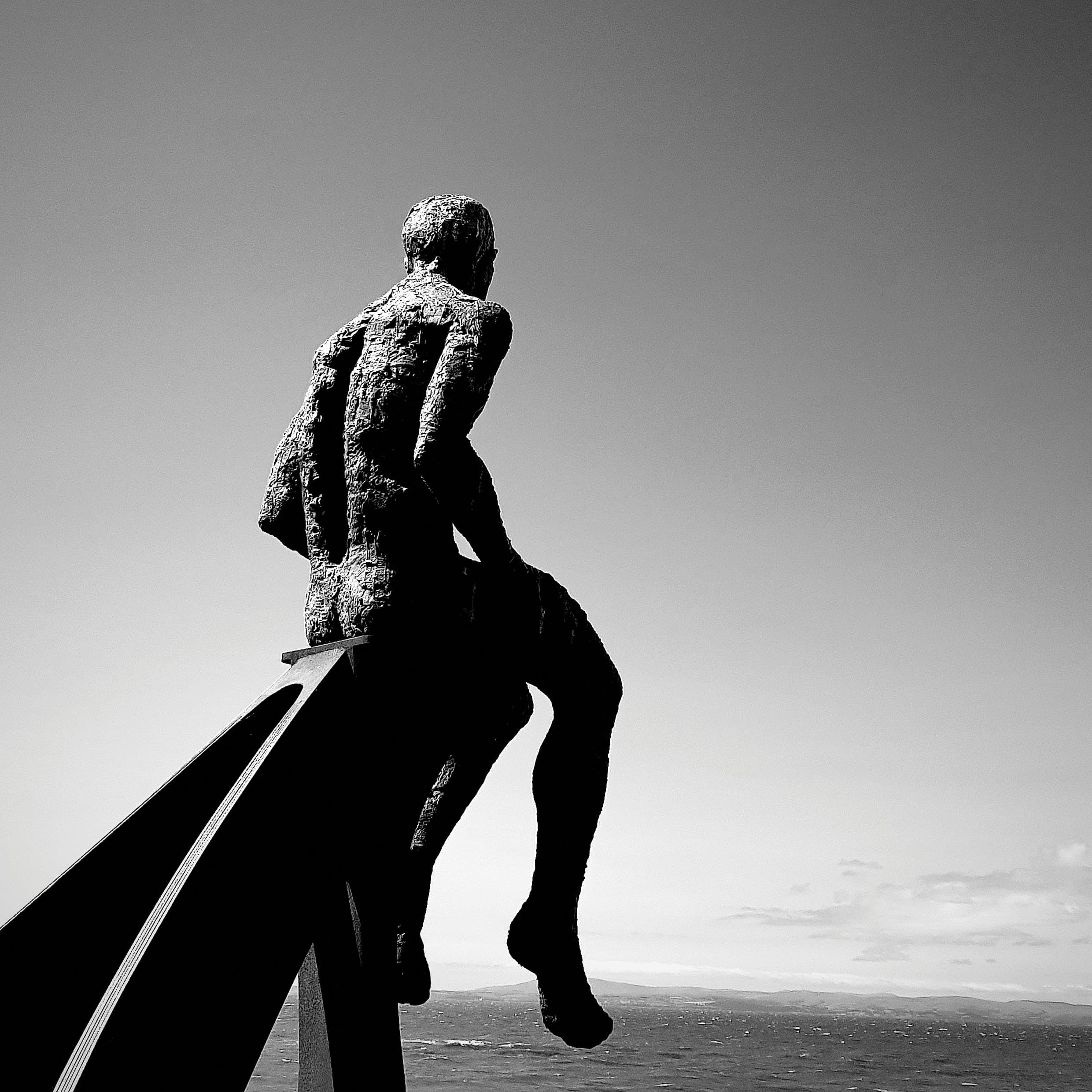
National Justice Museum announces judges for Picture This: Hope photography competition

National Justice Museum, Nottingham, appoints four new trustees to its board
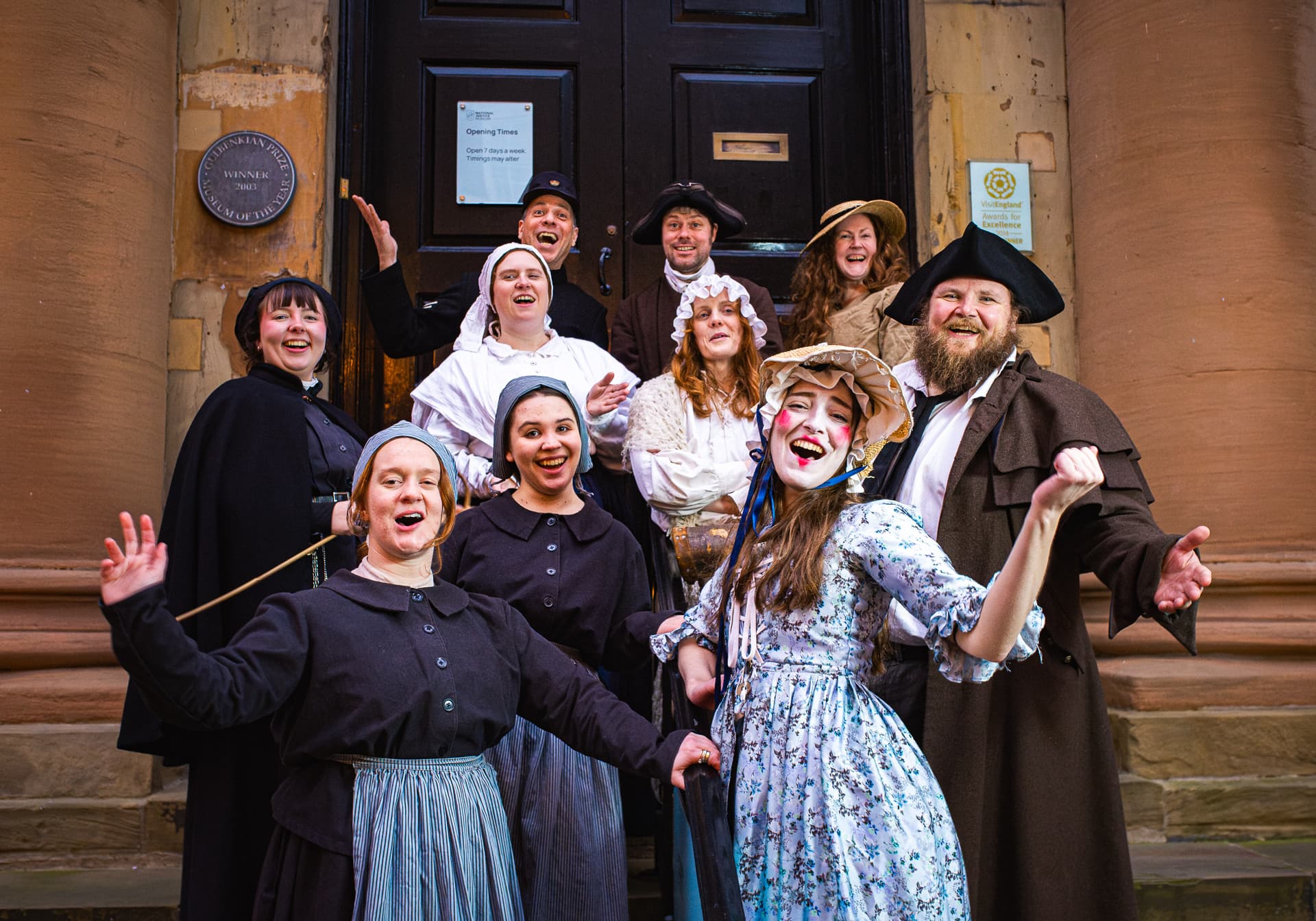
National Justice Museum and City of Caves Win Tripadvisor® Travellers’ Choice® Award 2024
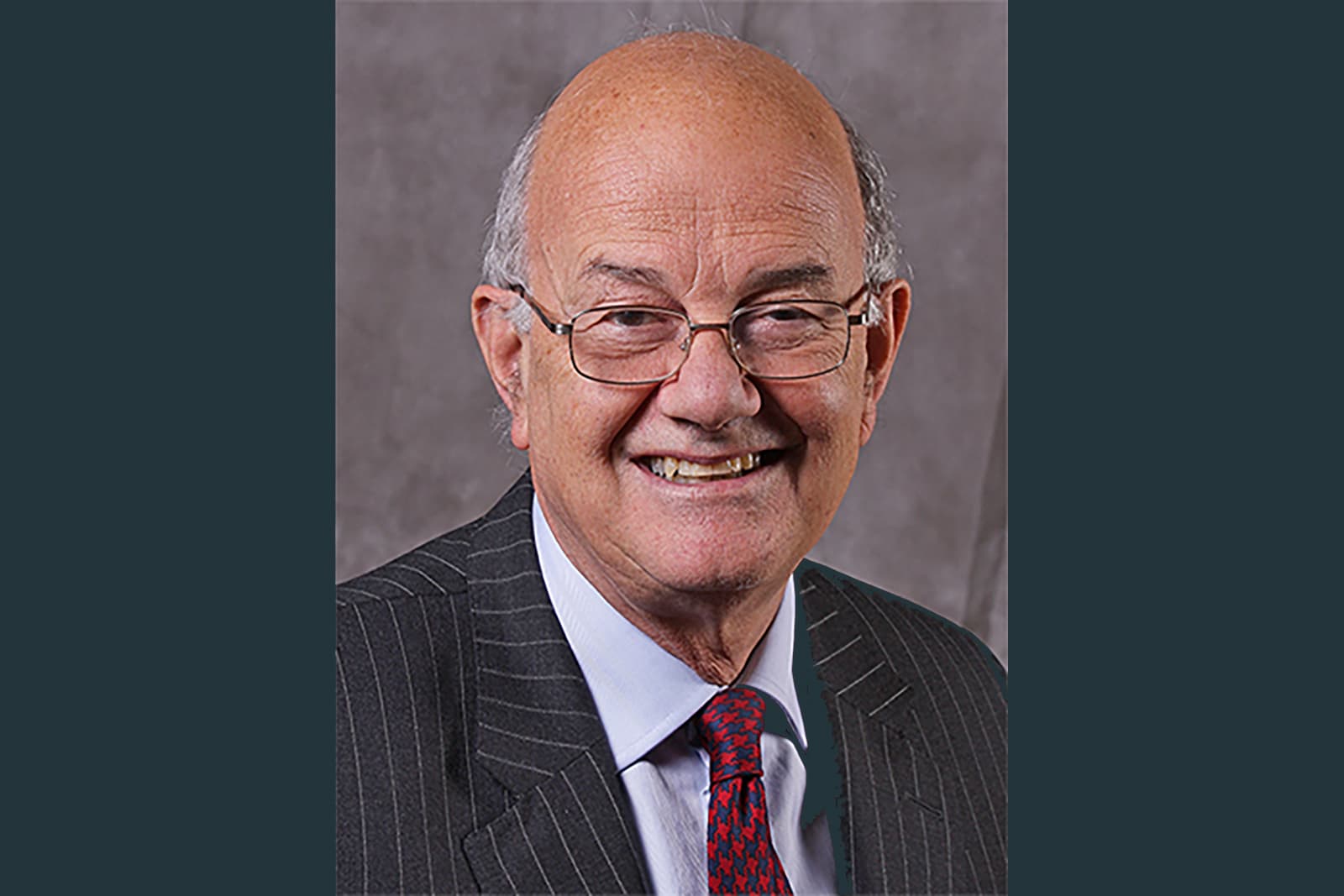
National Justice Museum celebrates the life of its patron Lord Judge
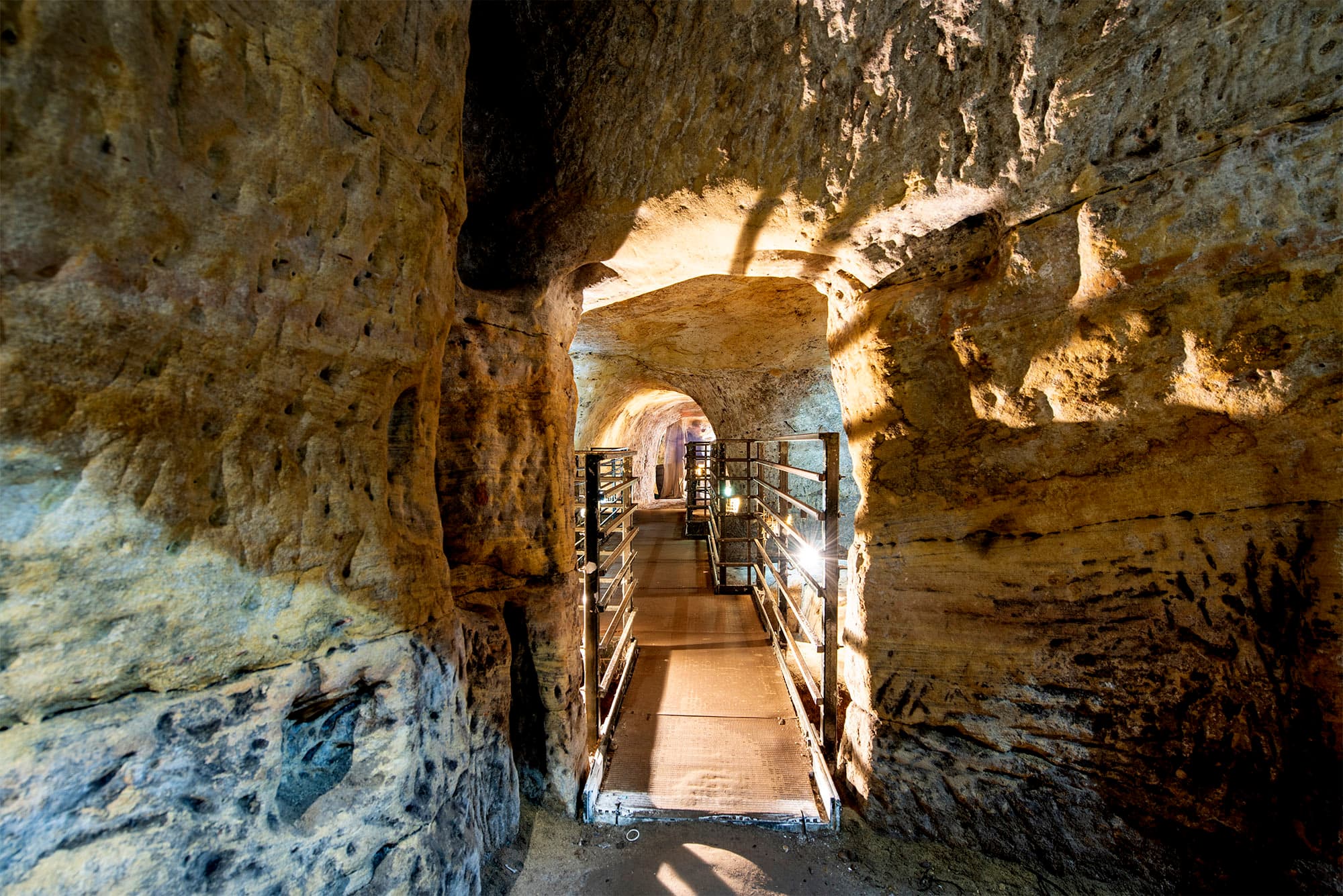
National Justice Museum and City of Caves Recognized as Tripadvisor® 2023 Travellers’ Choice® Award Winners
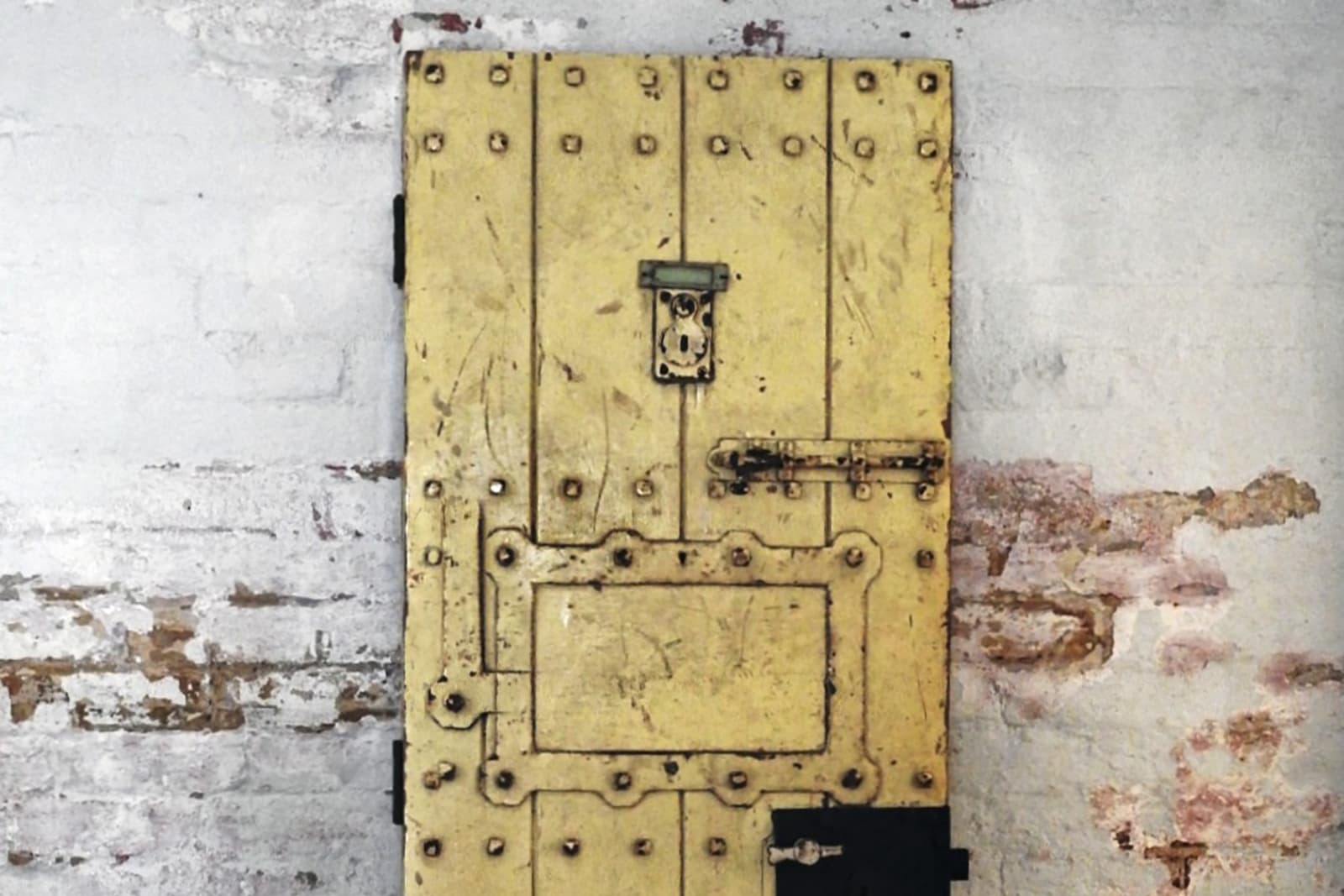
An iconic piece of LGBTQ+ history returns to public display at the National Justice Museum

National Justice Museum is awarded a £249,996 grant by The National Lottery Heritage Fund
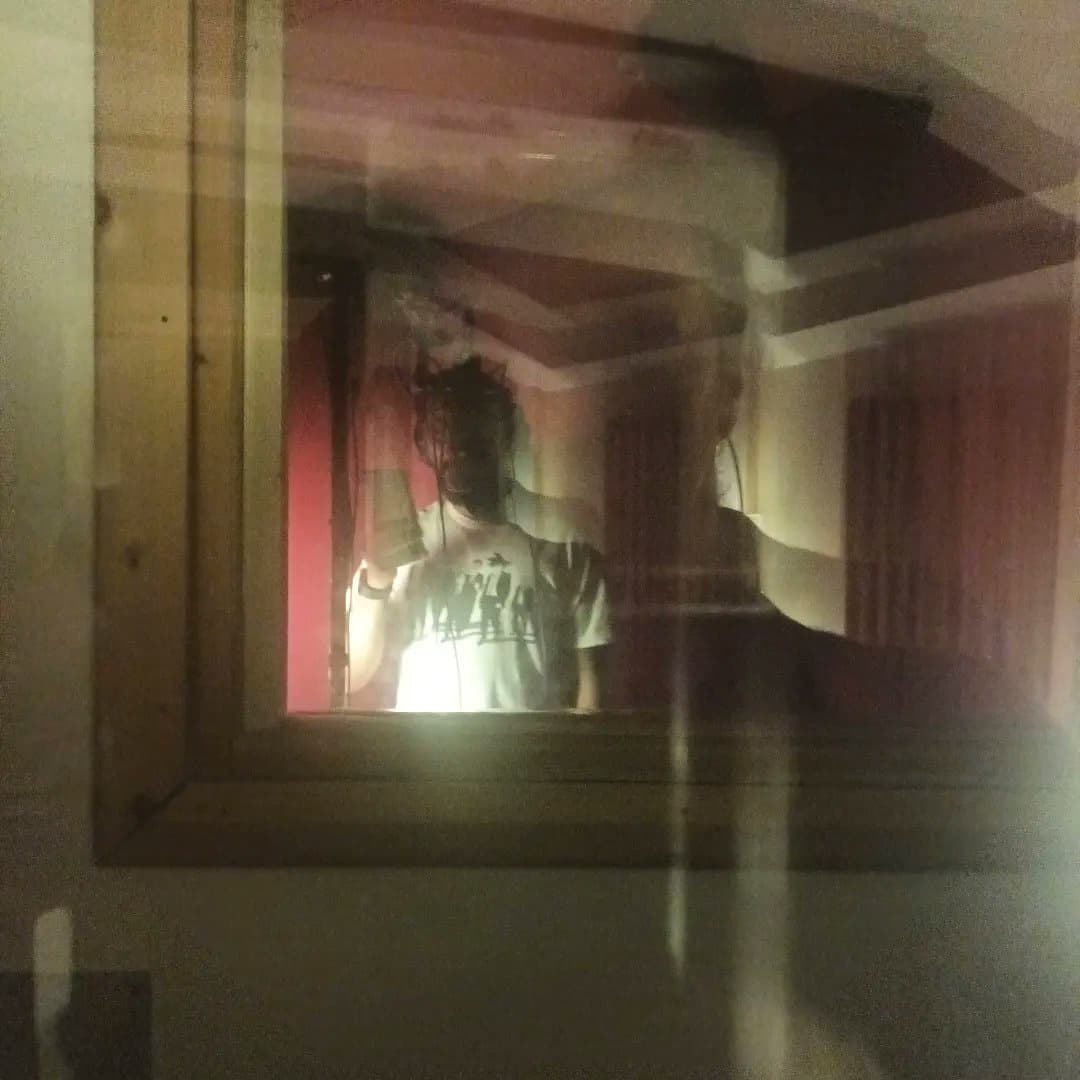
Immersive, site-specific performances come to the National Justice Museum for one day only
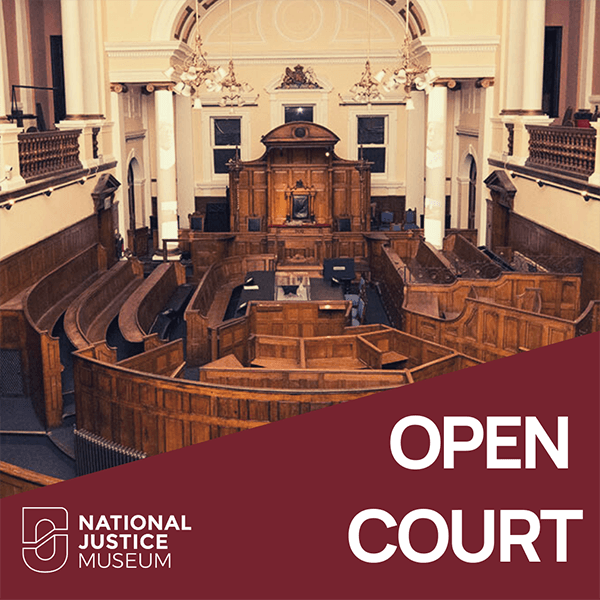
National Justice Museum's Open Court podcast back for a second season
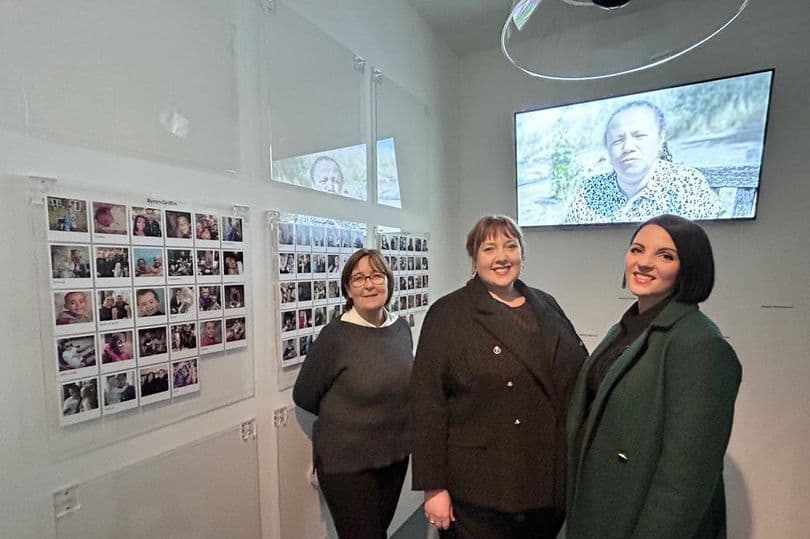
Family devastation brought closer to home in knife crime prevention workshops

National Justice Museum announce recipient of £1000 photography award

National Justice Museum recognised as one of England’s outstanding cultural organisations through Arts Council England’s National Portfolio
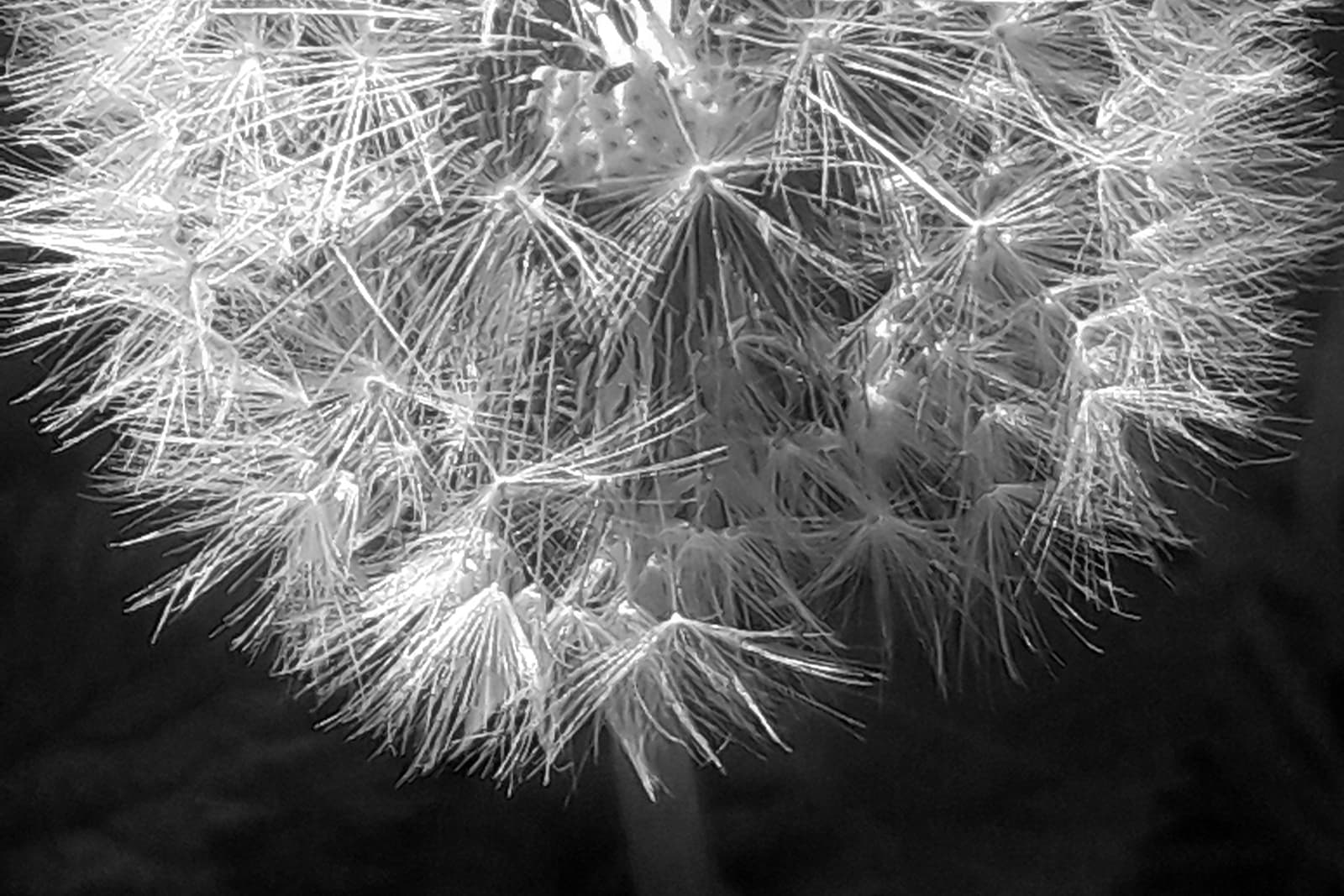
National Justice Museum’s new open-call photography exhibition, Freedom, to open in November

The National Justice Museum explores untold stories of Black presence

National Justice Museum opens call out for object donations from Black Legal Professionals
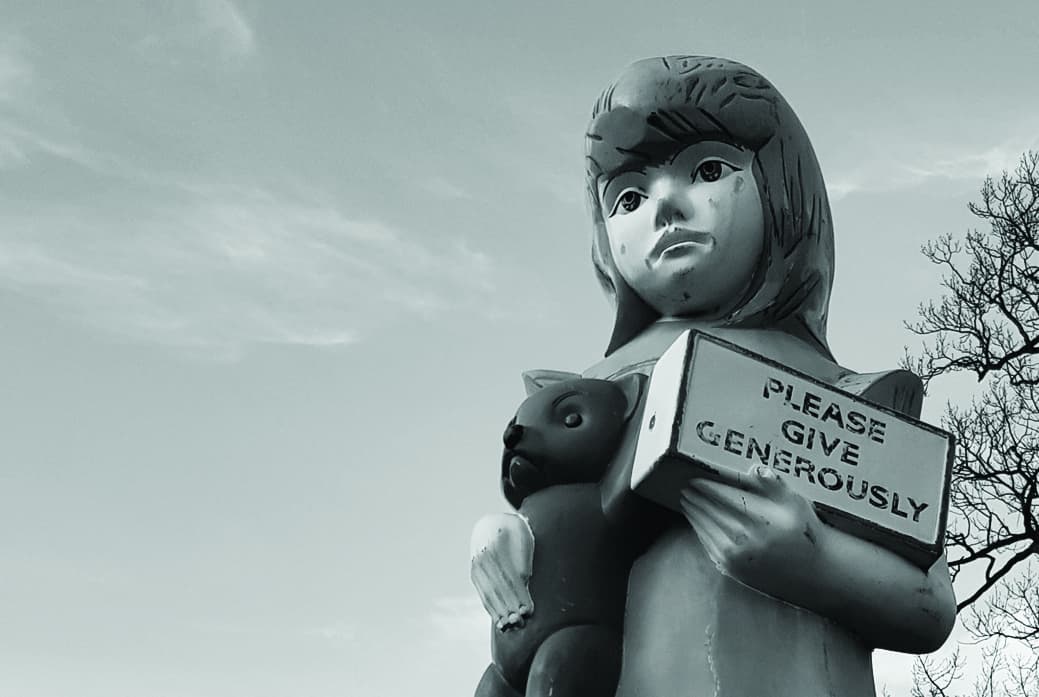
National Justice Museum announces judges for Freedom photography competition

National Justice Museum Wins 2022 Tripadvisor Travellers’ Choice Award
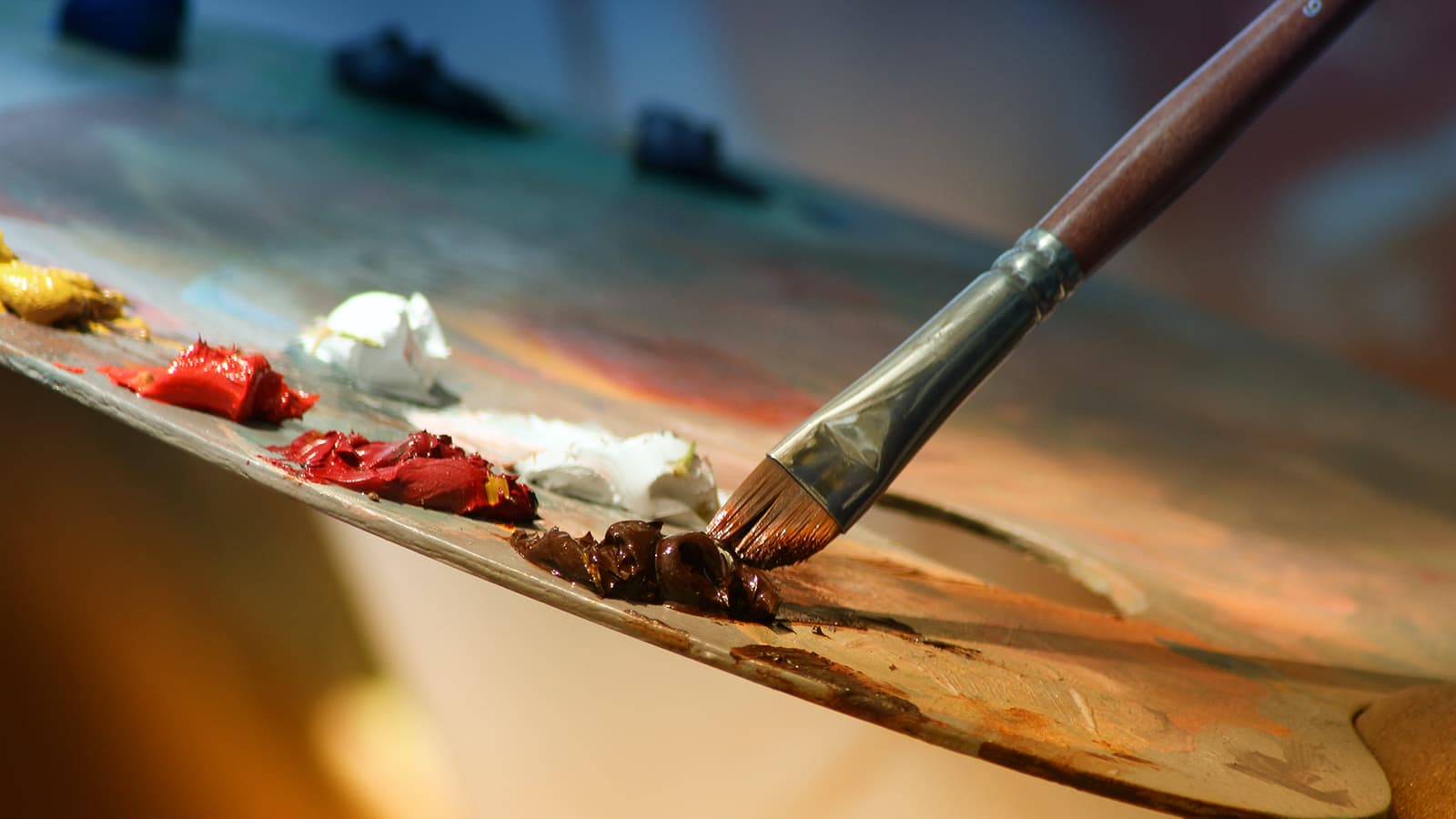
Rolls Building Art and Education Trust & The Technology and Construction Court Art Competition
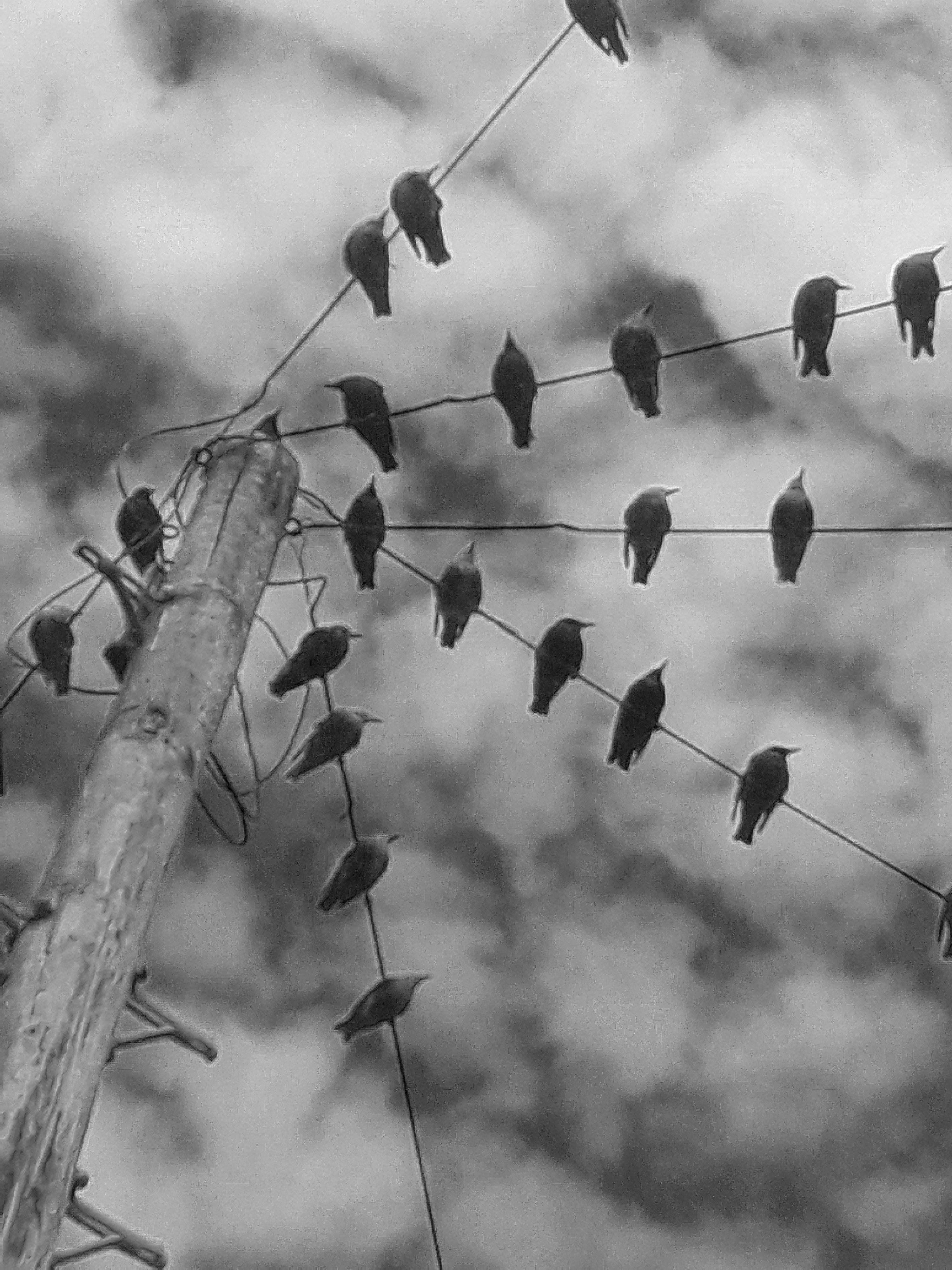
National Justice Museum opens submissions for photography exhibition with a £1,000 prize at stake
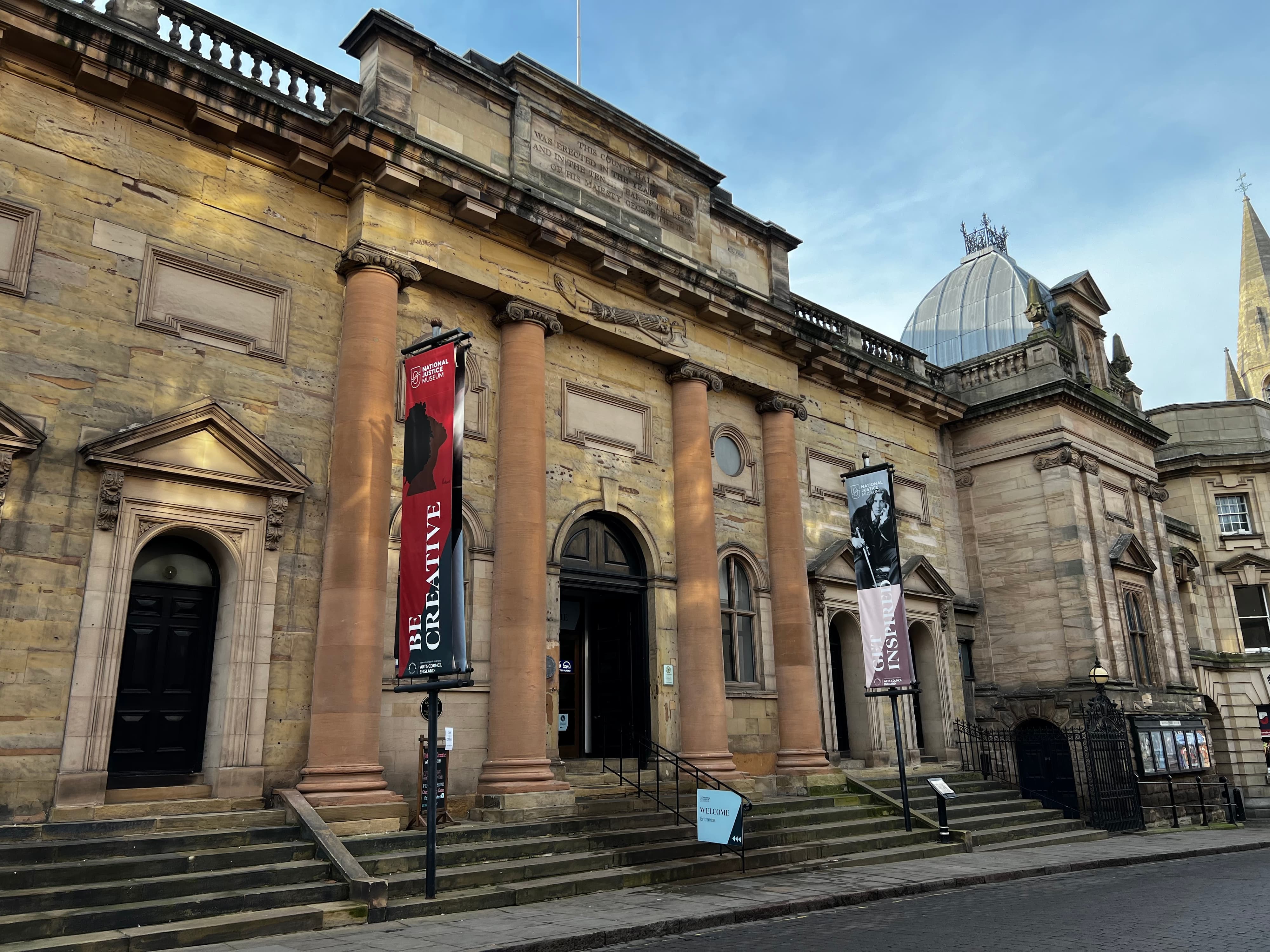
National Justice Museum to receive £362,900 in fund which helps safeguard nation's cultural heritage

The National Justice Museum publishes Letters of Constraint
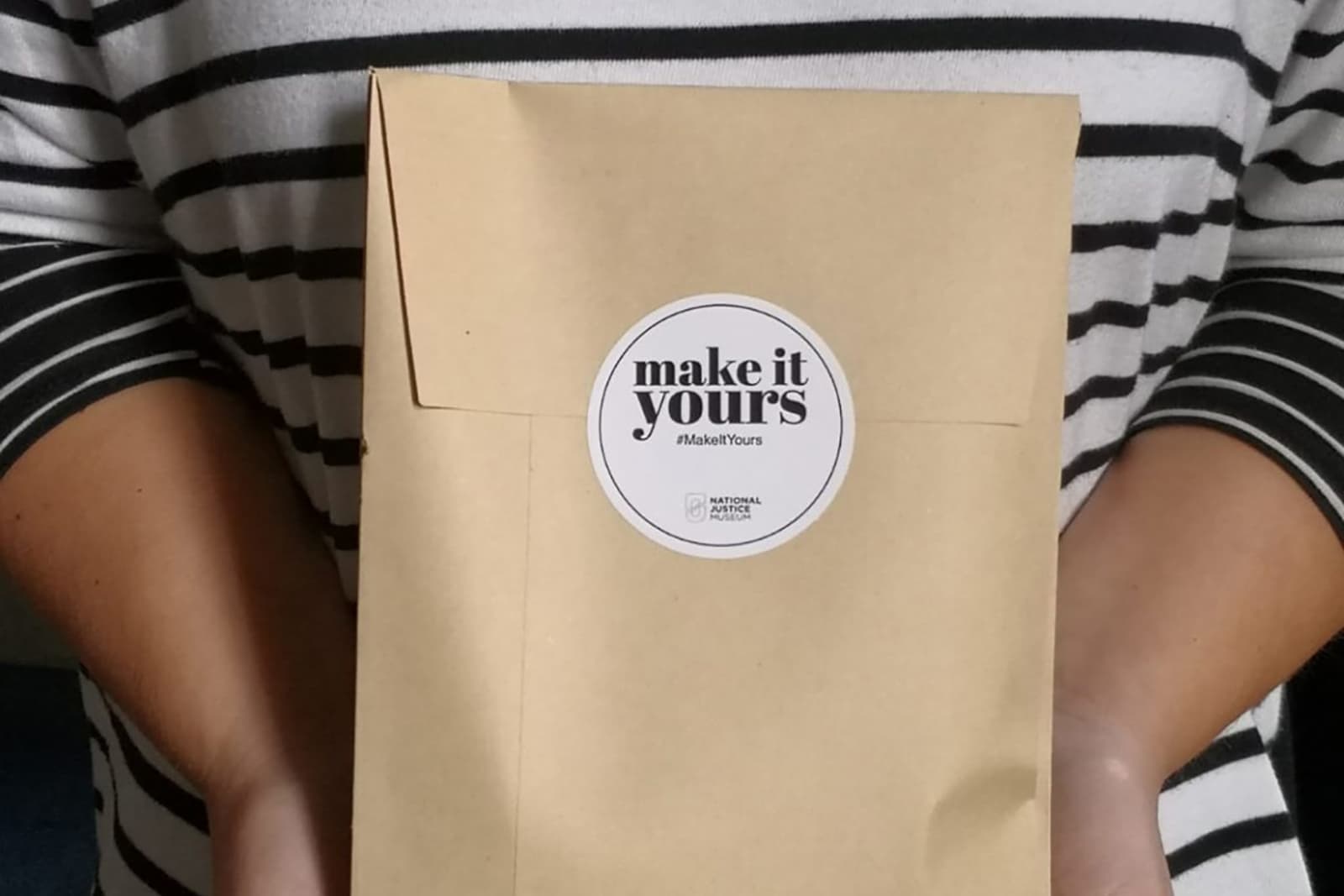
National Justice Museum wins Best Museums Change Lives Project at Museums Change Lives Awards 2021
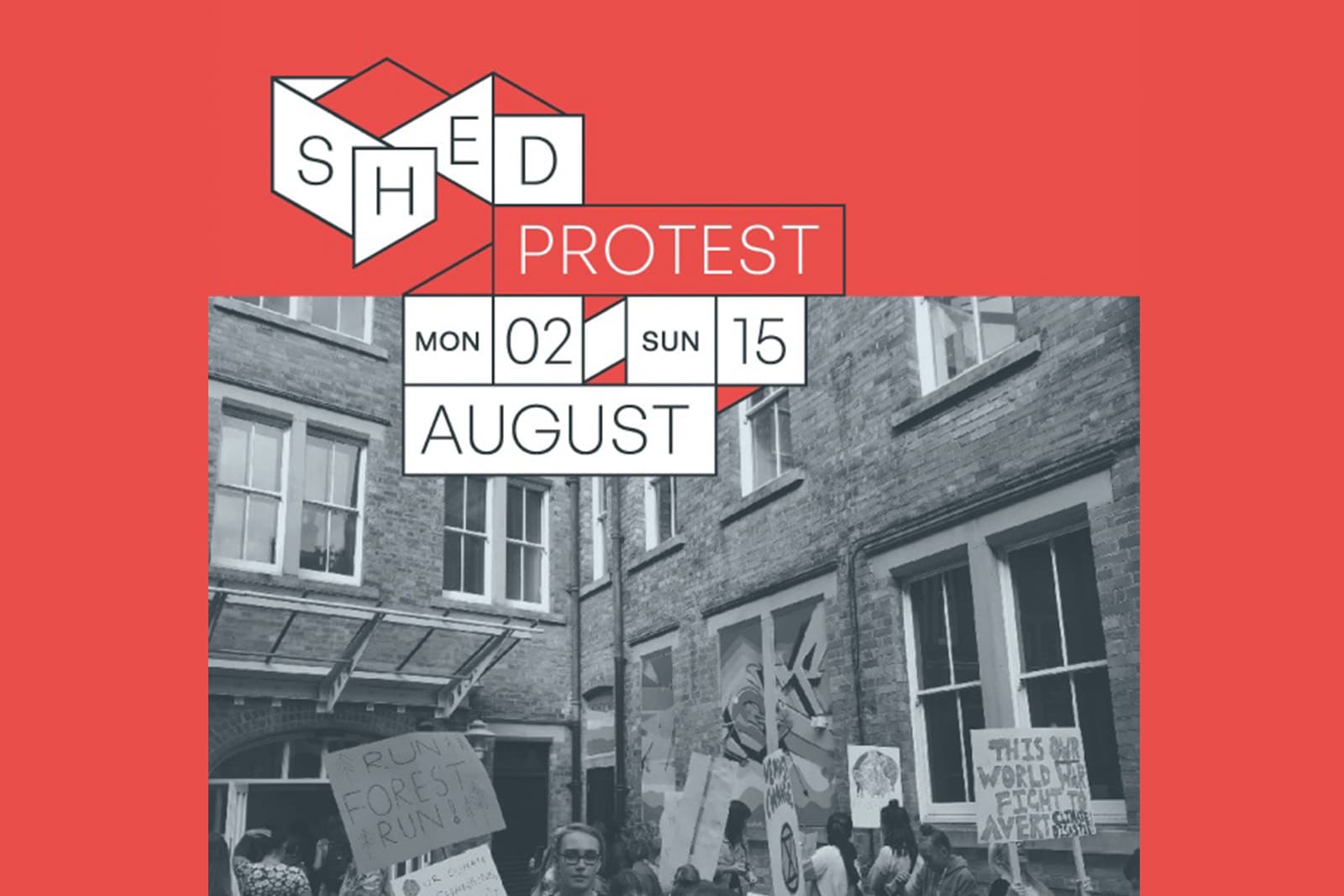
Welcome back S.H.E.D!

‘Freed Soul’ letters

Justice week 2021

Ghost stories with Claire

Autism and me
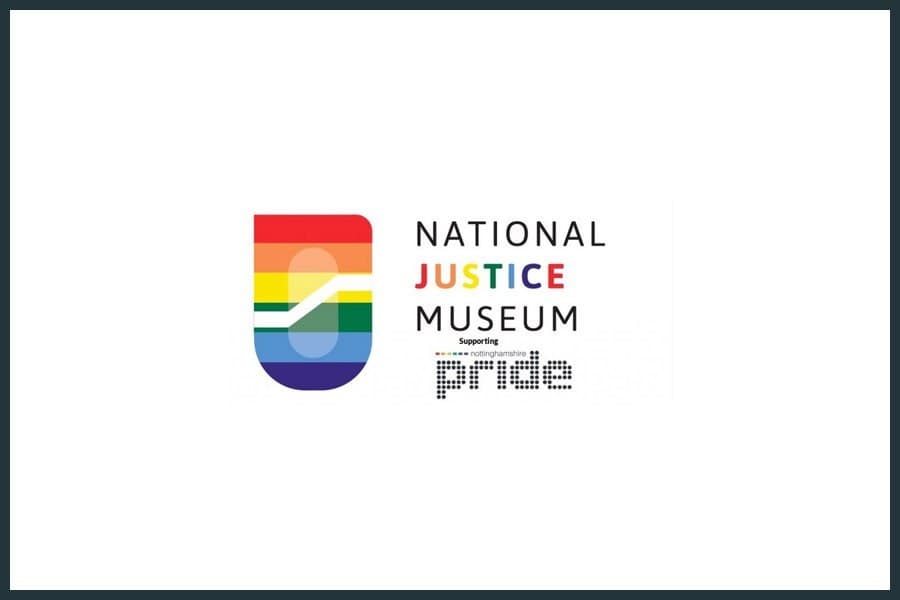
Staying proud

Ultimate travel list

The ‘Bloody Code’?
